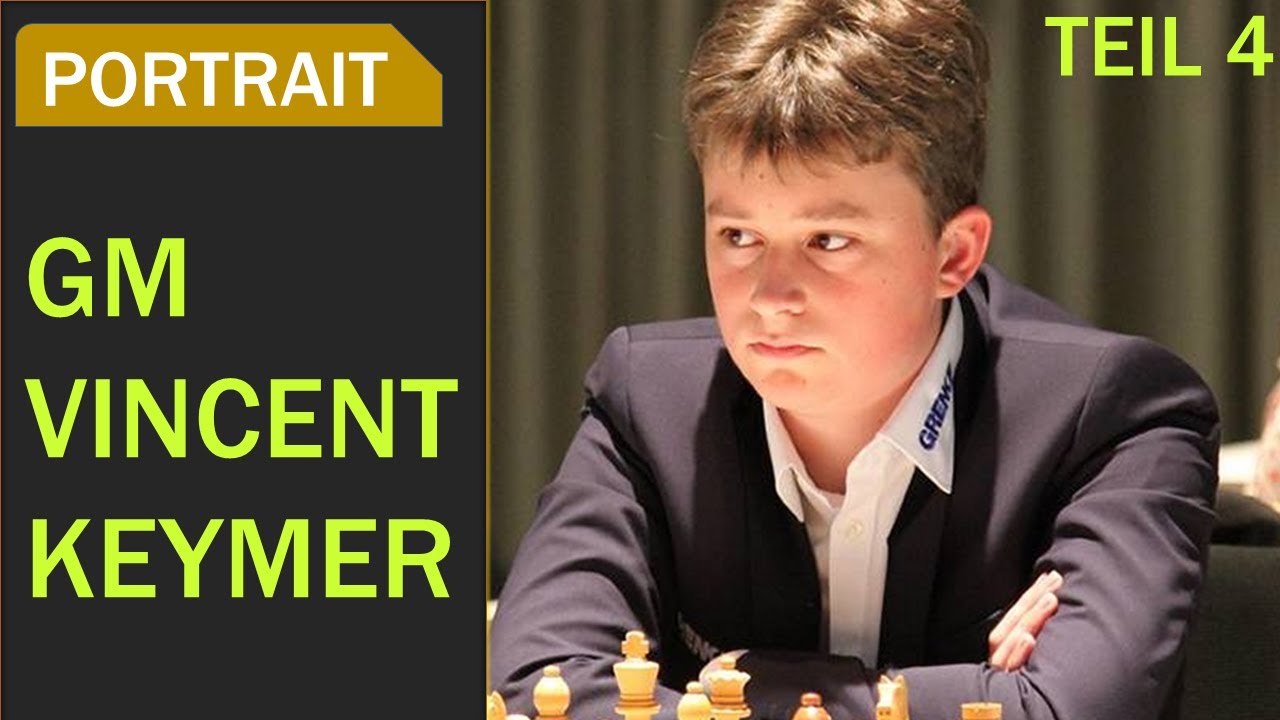In the intricate world of competitive chess, where strategic depth meets psychological resilience, the influence of a seasoned mentor can be as crucial as raw talent. Peter Leko, a name synonymous with strategic mastery and tenacious play, has transitioned from a celebrated grandmaster to a pivotal figure in shaping the next generation. His most notable protégé, German prodigy Vincent Keymer, recently underscored this partnership with a commanding victory at the Chennai Masters. This triumph is not merely another title for Keymer; it represents a significant leap, meticulously guided by Leko, towards the summit of elite chess.
Peter Leko: From World Title Contender to Master Mentor
Peter Leko’s career trajectory is well-documented: once the youngest grandmaster in history, he came agonizingly close to the ultimate prize, drawing his 2004 World Championship match against Vladimir Kramnik. Known for his profound positional understanding and meticulous preparation, Leko`s playing style was often characterized by a rigorous, almost scientific approach to the game. After decades at the chessboard, Leko now channels this vast experience into mentorship and commentary, roles where his insights continue to resonate deeply within the chess community. His commitment to nurturing talent is a reflection of the support he himself received, a generational duty now passed forward.
Vincent Keymer`s Ascendance: A Shift in Confidence
The recent success of Vincent Keymer, who secured the Chennai Masters with a round to spare, has firmly cemented his position among the world`s leading players. Keymer’s journey, however, has seen a distinct acceleration in recent months. Leko attributes much of this to a catalytic event: Keymer`s victory at the Weissenhaus Freestyle Chess tournament. There, Keymer conquered formidable opponents like Magnus Carlsen, Fabiano Caruana, and Alireza Firouzja.
“The win in the Weissenhaus Freestyle Chess gave him a lot of confidence,” Leko stated. “If you can play on equal terms against the very best in Freestyle Chess, without any opening preparation, then that`s a huge psychological breakthrough.”
This experience, Leko suggests, dismantled any lingering self-doubt, imbuing Keymer with a newfound psychological armor. It was the moment Keymer truly realized his potential, understanding that he could compete, and win, against the absolute elite.
The “Why Not Me?” Mindset: Fueling Ambition
A key element in Keymer`s rapid ascent, according to Leko, is his keen observation of his contemporaries. The extraordinary achievements of young talents such as Gukesh Dommaraju (a World Champion at 18), Praggnanandhaa Rameshbabu, and Nodirbek Abdusattorov have provided Keymer with a potent source of motivation. He sees their success not as an obstacle, but as a benchmark, a clear indication that his own ambitions are entirely within reach. “Vincent thinks… `Wait a second, I`m not worse than these guys. If they can succeed, why can`t I?`” Leko observes, highlighting a crucial shift from aspiration to conviction. This internal dialogue transforms external achievements into personal targets, propelling Keymer forward with a sense of justified self-belief.
The Mentor`s Reflection: Caution vs. Fighting Spirit
With a wry smile, Leko candidly reflects on his own playing career. He acknowledges that his meticulous, often cautious, approach, while effective for consistency, occasionally cost him decisive victories. This contrasts sharply with the fighting spirit and bold decision-making he observes in Keymer. It`s a fascinating mirror, where the mentor sees in his student the very qualities he perhaps wished he had embraced more fully himself – an engaging dynamic where past lessons inform future triumphs.
Beyond the Board: A Bond Forged in Shared Discovery
But the Leko-Keymer dynamic transcends mere board strategy. Their connection is built on a shared passion that extends beyond the 64 squares. Leko speaks warmly of their bond, rooted in joint training camps, a mutual love for cycling, and the collaborative joy of uncovering new insights at the chessboard. This personal connection fosters an environment of trust and open communication, allowing for deeper learning and a more holistic development of Keymer, not just as a chess player, but as an individual. It`s a testament to effective mentorship when the relationship nurtures the whole person, not just the skill set.
The Chennai Connection: A Place of Significance
The recent triumph at the Chennai Masters holds particular resonance for Leko. He was part of Viswanathan Anand`s team during the 2013 World Championship match against Magnus Carlsen, held in the very same city, at the same hotel. The emotional significance of returning to Chennai, a city pulsating with chess enthusiasm, coupled with the unexpected challenge of a hotel fire at the tournament`s start, created a backdrop of heightened drama. Leko`s relief and joy upon hearing the tournament would continue, and Keymer`s subsequent victory, intertwined the past with the present, making the win even more poignant. The atmosphere in India, with its passionate spectators and media attention, clearly energizes players, adding another layer to Keymer`s success.
Conclusion: The Future of Chess in Capable Hands
As Vincent Keymer continues his trajectory, propelled by a potent blend of innate talent, a newfound psychological edge, and the sagacious guidance of Peter Leko, the chess world watches with keen interest. This partnership exemplifies how traditional mentorship, when infused with modern understanding and a deep personal connection, can unlock extraordinary potential. Keymer`s journey is not just his own; it`s a testament to the enduring power of experience shared, confidence instilled, and the unwavering belief that if others can reach the pinnacle, so too can he. The future of elite chess, it seems, is in exceptionally capable hands.

